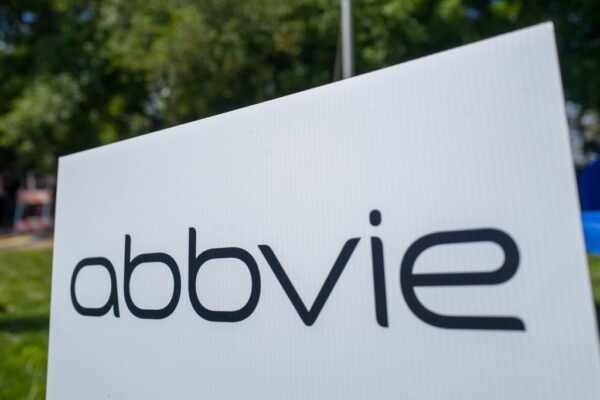STAT+: Moderna is still in a Covid hangover
1 year 2 months ago
Biotech, Business, Pharma, The Readout, biotechnology, drug development, drug prices, Research
STAT+: Pharmalittle: We’re reading about the U.K. nixing coverage for a cancer drug, sharing bird flu vaccine data, and more
1 year 2 months ago
Pharma, Pharmalot, pharmalittle, STAT+
A potential rival for Wegovy and Zepbound enters the fray
1 year 3 months ago
Biotech, Business, Pharma, The Readout, biotechnology, drug development, drug prices, Research
STAT+: Pharmalittle: We’re reading about Roche obesity drug data, fallout from the Menendez verdict, and more
1 year 3 months ago
Pharma, Pharmalot, pharmalittle, STAT+
STAT+: Pharmalittle: We’re reading about a study of Ozempic and dementia, smaller PBMs, and more
1 year 3 months ago
Pharma, Pharmalot, pharmalittle, STAT+
uniQure shares soar on Huntington’s data
1 year 3 months ago
Biotech, Business, Health, Pharma, Politics, The Readout, Biotech, biotechnology, drug development, drug prices, drug pricing, FDA, finance, genetics, government agencies, Pharmaceuticals, Research
The biotech news you missed this week
1 year 3 months ago
Biotech, Business, Health, Pharma, Politics, The Readout, Biotech, biotechnology, Cancer, drug development, drug prices, drug pricing, FDA, finance, genetics, government agencies, Pharmaceuticals, White House
STAT+: Pharmalittle: We’re reading about AbbVie spending on doctors, a new Lilly deal, and more
1 year 3 months ago
Pharma, Pharmalot, pharmalittle, STAT+
STAT+: AbbVie dramatically outspent its pharma company rivals in 2023 to promote its drugs to doctors
1 year 3 months ago
Exclusive, Pharma, AbbVie, Pharmaceuticals, physicians, STAT+
AbbVie Expands IBD Drug Pipeline Again With $250M Celsius Therapeutics Acquisition
1 year 3 months ago
BioPharma, Daily, Pharma, AbbVie, Acquisitions, biopharma nl, Celsius Therapeutics, deals, inflammatory bowel disease, Startups





